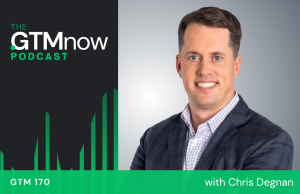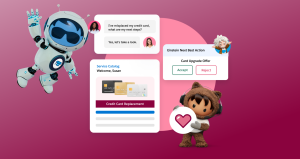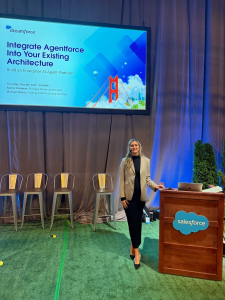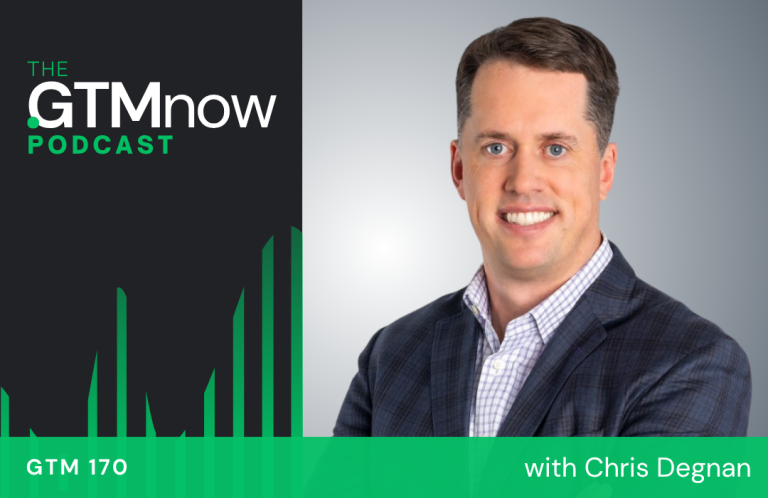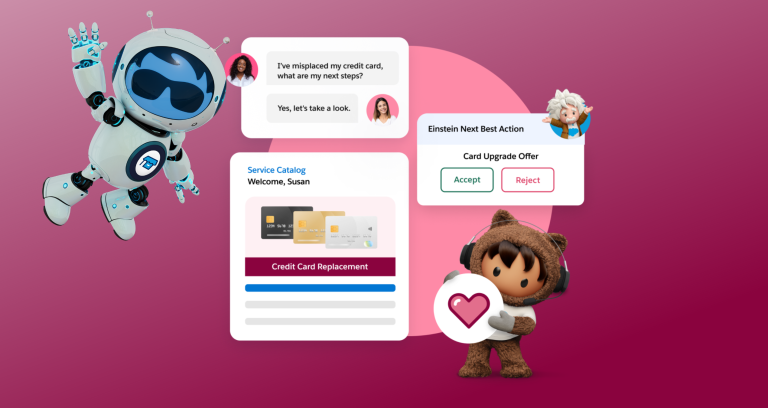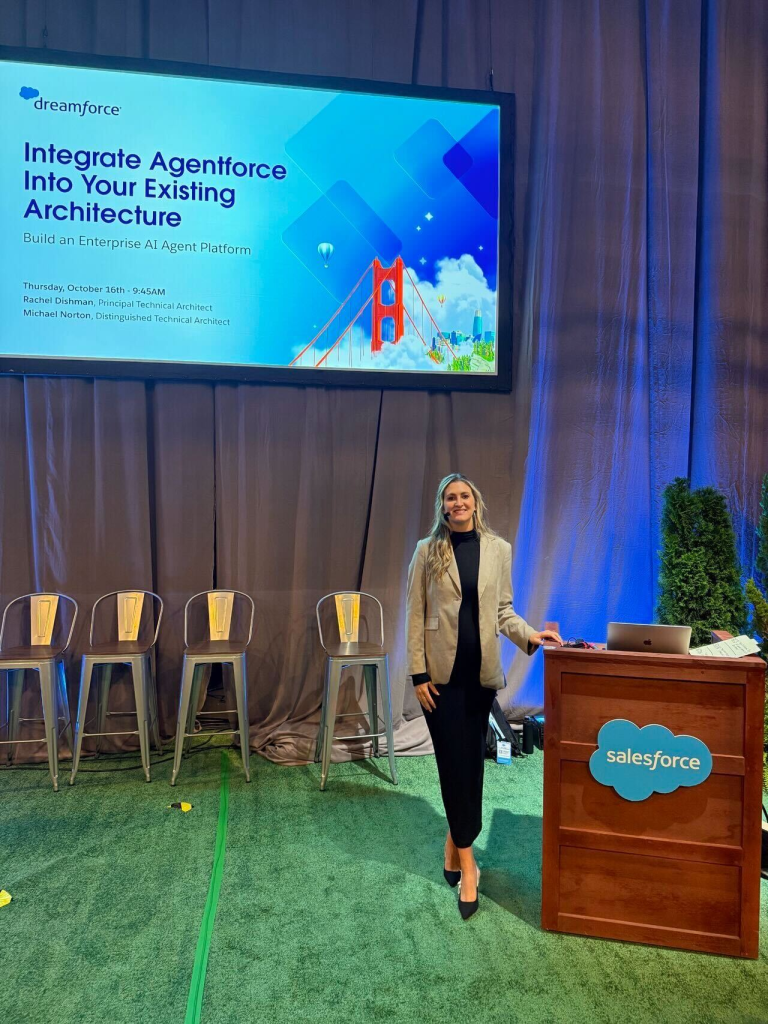There was magic all over Dreamforce. Keynotes, demos and theater sessions all shared exciting innovations and strategies that attendees could take back to their organization. But I’d argue that if you asked Trailblazers where the real magic was, they’d say it was the catchup with an old colleague they hadn’t seen IRL in ages, the conversation with a new connection, or the spontaneous team strategy session spurred by a great session.
These conversations are the true magic of Dreamforce, and this year we tapped into that with Campfire Chats. We held casual 1:1 interviews in our Campground area with marketing leaders across several industries. We set out to hear their candid thoughts about the future of marketing and learn which strategies they are prioritizing.
Here are five things we learned and a roundup of insights we hope you’ll find helpful moving forward.
1. Agentic AI will transform your workday – and the customer experience
Agentic marketing is more than improvement to a singular channel or a new update that will improve conversion. Rather, it’s a completely new toolbox in our garage that we cannot ignore. Operationally, it sets the stage for massive efficiency gains, taking us away from the mundane tasks that have filled much of our days, so we can focus more time on our customers. Strategically, it helps us execute innovative ideas that were previously impossible to scale.
Lakesha Holloway, Advocate Health:
“You know, we say ‘right message, right time, right consumer’. We’ve been saying that for years, guys. And you know what? It’s true. It’s true that we have to do that, but it’s also about changing the experience of the consumers.
When I say “precise personalization”, that’s what the age of agentic marketing is going to allow us to do. Yes, we’re going to deliver that right message, but we’re going to transform the consumer experience and deliver that precise experience to each customer where they are in their journey.”
2. Clean, unified data is the immediate priority
We know AI agents are only as good as the information you give them. That’s why the top priority that came out of almost every conversation was cleaning and unifying data in preparation for agentic transformation. Here’s what a few experts had to say:
See how agentic AI can help your brand
Our Dreamforce keynote explains how Agentforce Marketing helps you spark conversations with your customers.



Chelsea Lockhart, Sutter Health:
“With data, you put garbage in, you get garbage out. And so, if that foundational dataset just isn’t going to support you, you really need to focus on cleaning up all of that to be able to make you move faster later.”
Henry Chang, Gilead:
“The biggest thing is how do we move faster and get clean data? The expectation is higher now. We need to get the data ready so it’s ready to power the downstream data products”
3. Personalization must evolve to deliver contextually relevant experiences
Personalization. It should solve all of our campaign performance problems, but in practice it’s more of an ever-moving target. To borrow a quote from our friend Angela Vega at Expedia: “Let’s be real, personalization is just making sure you’re relevant”.
Angela is right, but what’s changing is how brands are approaching staying relevant to their customers. Before, basic personalization was asking your customers about their interests and delivering content tailored to those interests. Now, customers expect brands to deliver content that is not only personal to who they are but also contextually relevant to what they are doing in real time.
One of the innovations we announced at Dreamforce to help address this new standard for personalization is Adaptive Websites. It allows you to tailor an individual’s web experiences based on their real-time agentic conversation.
Ralph van den Broeck, Fisher & Paykel:
“We are very excited about adaptive websites. A customer will be able to interact with an agent and could ask something like,‘I’m looking for an oven that has some beginner cooking functions.
Then the agent starts creating that content. So, it’s really helping you on a very personalized level and trying to find the content they are actually looking for without the need to go through all those product detail pages.”
4. Marketing success must be quantified by business outcomes
The modern marketer is responsible for so much more than blasting emails or creating digital advertisements to drive traffic to a website. Marketers are now on the hook for creating lasting relationships with customers, and the KPIs we measure must reflect that. Success is now measured by metrics that tangibly impact topline and bottom-line results.
Jamie Goldberg, ConMed:
“Leads are not your biggest KPI. You want to see how many of our opportunities have moved through the funnel. Where did they start when we started the campaign versus where they are now?”
While top-line metrics like views, clicks, and visits can provide direction, a better starting point is asking yourself “what do you want the customer to do?” and building analytics around that goal.
5. Successful agentic adoption is a series of small wins
Agentic marketing is new for almost all of us. Through our Campfire Chats conversations, it was clear that brands that had successful implementations focused on small wins first before expanding to big ideas. This allowed them to focus on high-priority use cases first to prove value to the organization. Once value is established, it’s easier to get buy-in for bigger projects.
Megan Tsang, Grammarly:
“It’s hard to balance the need to get to market quickly and launch something versus wanting to do it perfectly. We’ve been really leaning into having iterative launches.”
My magic moment at Dreamforce was not a new product innovation or strategy, but a realization I had while listening to these Campfire Chats. Yes, customer expectations are changing. Yes, marketing itself is changing. But as marketers, what hasn’t changed is our ability to adapt to the moment.
We’ve always been flexible to the latest trend, channel or technology. Our superpower is listening to our customers’ needs and our business goals and using the tools at our disposal to satisfy both categories. No matter how much changes around us, that attribute won’t change.
See how agentic AI can help your brand
Our Dreamforce keynote explains how Agentforce Marketing helps you spark conversations with your customers.



